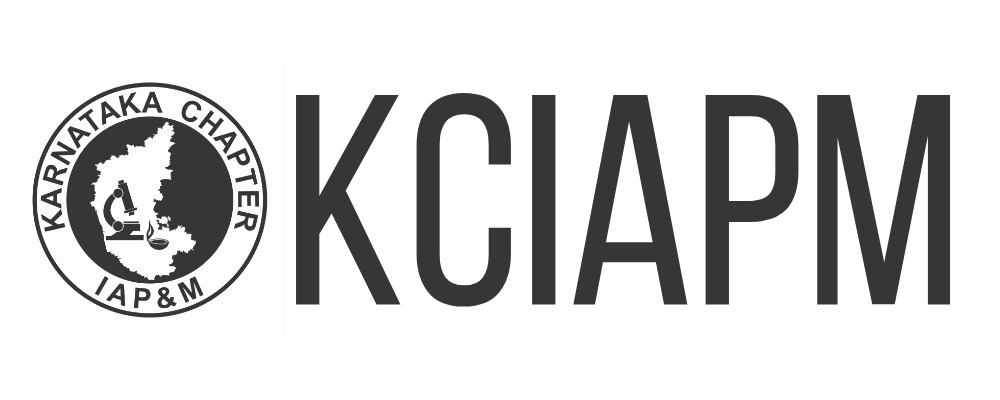The Science Aboard plays a crucial role within guiding scientific research, healthy diet policy decisions, and fostering collaboration between scientists, policymakers, and stakeholders. As stewards of scientific knowledge and also expertise, Science Boards usually are tasked with communicating elaborate scientific concepts, facilitating normal gardening to organic among diverse stakeholders, as well as ensuring that scientific research lines up with the needs and points of society. By applying best practices for effective conversation and stakeholder engagement, Scientific research Boards can enhance clear appearance, build trust, and foster productive relationships with stakeholders, ultimately advancing the targets of scientific research as well as promoting evidence-based decision-making.
One of many key best practices for Technology Boards is to prioritize clear and transparent communication having stakeholders. Effective communication commences with clearly articulating the mission, goals, and focal points of the Science Board, making sure stakeholders understand the purpose in addition to significance of the Board’s work. By providing regular updates, progress reports, and opportunities for feedback, Science Boards can keep stakeholders informed and done the decision-making process, influencing a sense of ownership and liability among stakeholders.
Moreover informative post, Technology Boards should strive to connect scientific information in a manner that is available and understandable to assorted audiences. This may involve translation complex scientific concepts into lay language, using visual aids and multimedia presentations to convey information, and adding appeal to communication strategies to the specific requires and preferences of different stakeholder groups. By making scientific facts more accessible and relatable, Research Boards can empower stakeholders to make informed decisions along with participate meaningfully in the scientific process.
Furthermore, effective stakeholder engagement is essential for making sure that Science Boards reflect the particular perspectives, interests, and prices of diverse stakeholder organizations. Stakeholder engagement strategies occasionally includes convening advisory committees, web host public forums and community hall meetings, and taking input through surveys in addition to online platforms. By definitely seeking input from stakeholders and incorporating their comments into decision-making processes, Science Boards can ensure that scientific research is responsive to the needs in addition to concerns of the communities the idea serves.
In addition to engaging with external stakeholders, Science Forums should also foster collaboration in addition to communication among internal stakeholders, including scientists, policymakers, and also funding agencies. Effective venture requires establishing clear programmes of communication, setting contributed goals and objectives, and promoting some sort of culture of openness, have confidence in, and mutual respect. By means of fostering interdisciplinary collaboration as well as knowledge sharing, Science Panels can harness the collective expertise and resources connected with diverse stakeholders to address complex scientific challenges and achieve common goals.
Moreover, Scientific disciplines Boards should prioritize practical engagement with policymakers along with government agencies to ensure that scientific investigation informs policy decisions and also contributes to evidence-based policymaking. This could involve providing briefings, verificationwitness, and technical assistance to policymakers, participating in policy forums along with working groups, and suggesting for policies that help support scientific research and creativity. By building relationships with policymakers and serving as reliable advisors on scientific issues, Science Boards can help bridge the gap between technology and policy and promote the use of scientific evidence in decision-making processes.
Furthermore, Technology Boards should leverage digital camera and online platforms to further improve communication and engagement with stakeholders in an increasingly digital camera world. This may involve creating interactive websites, social media programs, and online forums everywhere stakeholders can access facts, participate in discussions, and provide feedback on scientific research as well as policy initiatives. By enjoying digital communication tools as well as technologies, Science Boards can easily reach a broader market, facilitate meaningful dialogue, along with promote transparency and responsibility in the scientific process.
To summarize, effective communication and stakeholder engagement are essential for the achievement of Science Boards within guiding scientific research and also shaping policy decisions. Through implementing best practices for connection and engagement, Science Forums can enhance transparency, build trust, and foster collaboration among diverse stakeholders. By simply prioritizing clear and acquireable communication, fostering meaningful wedding with stakeholders, and utilizing digital communication tools and also technologies, Science Boards could fulfill their mission of advancing scientific knowledge, marketing evidence-based decision-making, and responding to societal challenges.

Recent Comments